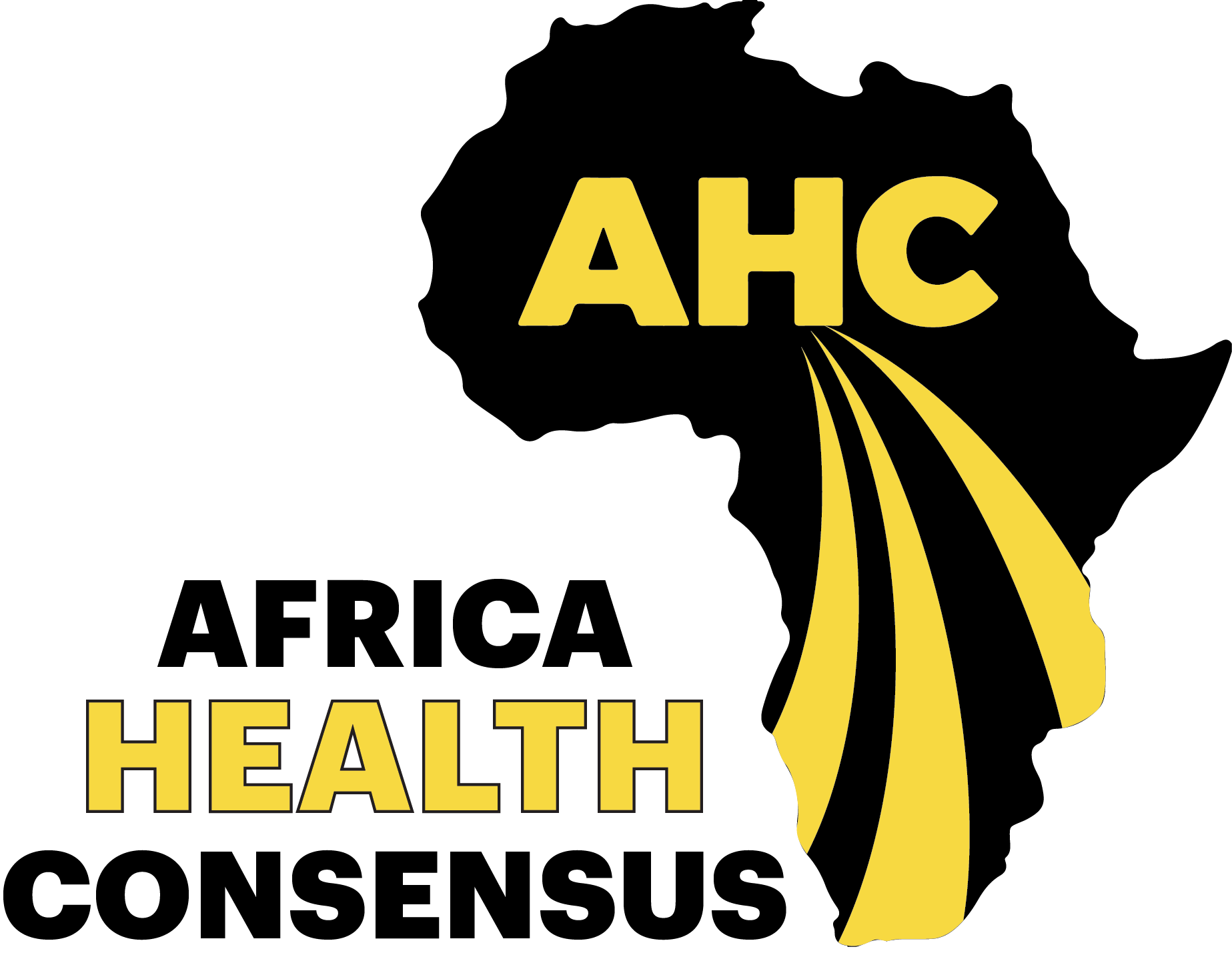Scan using GS1 technology is a first step to improve patient safety and address US$30 billion counterfeit medicines industry in low- and middle-income countries.
By UNICEF
30 August 2022
UNICEF and partners have announced a milestone moment in efforts to tackle the global counterfeit medicines industry as Rwanda and Nigeria became the first countries in Africa to authenticate vaccines using GS1 barcoding technology.
The news was announced at the launch of the Traceability and Verification System (TRVST), a new collaboratively designed solution that allows countries to verify the authenticity of health products and track and trace them through their supply chain. TRVST is being developed under the Verification and Traceability Initiative (VTI), a multi-stakeholder partnership composed of UNICEF, Gavi, The Bill & Melinda Gates Foundation, the Global Fund, USAID, national regulatory authorities in Nigeria and Rwanda, Vital Wave, and the World Bank.
VTI aims to increase global coordination and response against falsified medical products, especially in low- and middle-income countries. Counterfeit medicines are estimated to have caused up to 169,000 deaths of children under 5 suffering from pneumonia and up to 116,000 deaths from falsified medicines to treat malaria..
As the distribution of COVID-19 vaccines ramped up worldwide, so did the production of falsified and sub-standard vaccines and related supplies. Before the pandemic was declared, one in 10 medical products in low- and middle-income countries were reported as being substandard or falsified, potentially causing harm to patients and failing to treat the diseases for which they were intended.
Not only do these products contribute to antimicrobial resistance, but they also lead to a loss of confidence in medicines, healthcare providers and health systems. They cost around US$200 billion globally and US$30 billion in low- and middle-income countries each year.
A global partnership to improve patient safety
Recognising these challenges, UNICEF and VTI partners have been working to expand the TRVST by building health product verification and traceability capabilities. The initiative is the result of a two-year long, multi-stakeholder project alongside national regulatory authorities in low- and middle-income countries, vaccine manufacturers, private businesses and development partners.
“Substandard and falsified products are a growing global issue, posing major health, social and economic risks. They endanger the lives of those that we are mandated to protect,” said Etleva Kadilli, Director of UNICEF Supply Division. “UNICEF is proud to be at the forefront of global efforts, along with partners, to ensure higher levels of verification controls, ensuring patient access to safe, effective and quality-assured vaccines and other medicines.”
The TRVST relies on a global repository, built by SolidSoft Reply, that stores health product information, such as Global Trade Item, serial and batch numbers, as well as production and expiry dates. This data is fed into TRVST by medical product manufacturers. The system allows users, such as health care workers, regulatory authorities and customs agents, to use a phone application to scan medical product barcodes and verify their authenticity in real time. Any verification failure or suspect activities will trigger an alert which will be sent to respective manufacturers and regulatory authorities.
“Our aim is to have end-to-end traceability for all vaccines and through the digitization of public health systems. The TRVST initiative will help countries strengthen supply planning and deliver safe and effective vaccines and other health products,” said Thabani Maphosa, Managing Director of Country Programmes at Gavi.
TRVST rollout in Africa
In July 2022, the TRVST was launched in Nigeria and Rwanda with the first GS1 scans marking a milestone in patient safety against counterfeit and substandard medicines. COVID-19 vaccines were the first products used in the TRVST thanks to the collaboration of Johnson & Johnson, which provided the first batches of data into the repository. The TRVST started with COVID-19 vaccine data to ensure patient safety and address the urgent risk of falsified or diverted vaccines.
“The quality of pharmaceutical products in the country are now guaranteed via implementation of track and trace across the nation, using GS1 standards and other detection systems,” said Prof. Mojisola Christianah Adeyeye, Director General at the Nigerian National Agency for Food and Drug Administration and Control.
“The TRVST is an important addition to the national health supply chain and health information system investments to improve efficiency in sharing data across the chain, strengthen data quality, extend data visibility, and reduce costs of data capture and transformation,” said Dr. Emile Bienvenu, Director General of the Rwanda Food and Drug Administration. “It will be an instrumental tool to meet the strategic objectives of the Rwanda National Vision and Strategy for Pharmaceutical Traceability of the Ministry of Health.”
This initiative complements other global efforts led by partners to digitalise public health supply chain systems. It will help countries to strengthen supply planning and demand capacity with the objective of ensuring greater levels of access to health products and treatments.
Future expansion
TRVST is now expected to scale up and expand to routine vaccines and other health products to treat HIV, tuberculosis, reproductive health supplies, anti-malarial items and other essential medicines.
The system has been specifically designed to connect national information systems and pave the way toward fully-fledged, end-to-end traceability systems for all health products.
The success of the TRVST is contingent on participation from additional governments to join the initiative, resources from donor agencies to support country-level implementation, and engagement from manufacturers to serialise their products in emerging markets and register them in the global repository.









